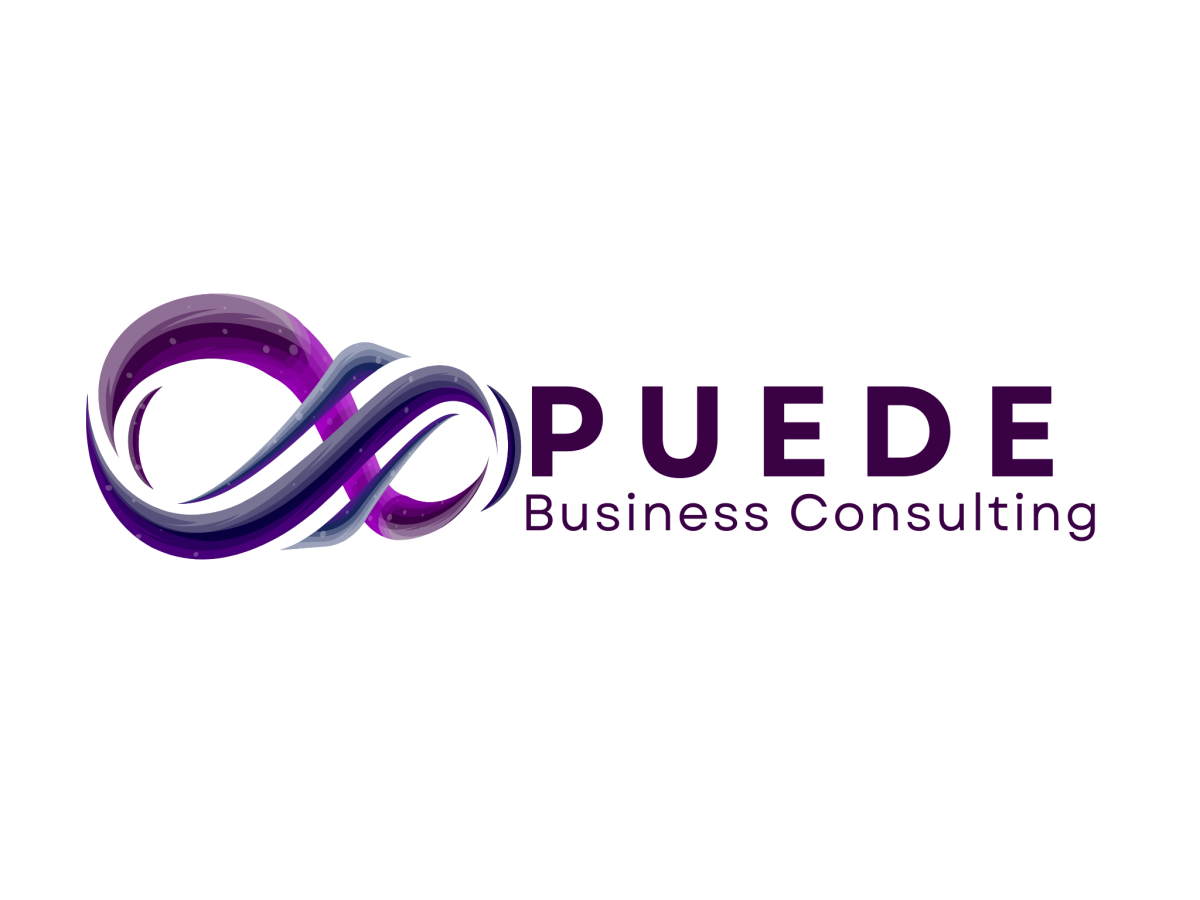From Lifestyle Business to Transferable Asset: SOPs That Remove Owner Dependence
Transitioning from a lifestyle business to a transferable asset requires documented standard operating procedures (SOPs) that reduce owner dependency and establish scalable, repeatable systems. For small business owners in Tampa Bay, building SOPs isn't just a documentation exercise—it’s the foundation for future exit, succession, or growth.
Without SOPs, the business relies too heavily on the owner's memory, relationships, and decision-making. This limits scalability, weakens valuation, and makes transitions difficult. This post explains how SOPs create operational independence and what steps you can take to build them effectively.
What Makes a Business Transferable—and What Doesn’t
Many small businesses are structured to support the owner’s income and flexibility, but they often lack the necessary systems to ensure a smooth transition of ownership. SOPs are the bridge between daily success and long-term value.
Lifestyle Business vs. Transferable Asset
A lifestyle business is:
Operated around the owner’s preferences
Dependent on the owner's relationships and oversight
Built for income rather than equity
Runs independently of the owner’s daily involvement
Has documented and repeatable systems
Attracts buyers or successors because of its operational resilience
Why SOPs Are Essential
Standard Operating Procedures:
Create consistency across tasks and teams
Reduce the risk of errors or missed steps
Allow delegation without loss of quality
Support training, onboarding, and scalability
Provide proof of system maturity during due diligence
For a business to be valuable to anyone other than the owner, it must be teachable, trackable, and transferable—all of which require SOPs.
Building SOPs That Truly Remove Owner Dependence
Not all SOPs are created equal. Effective SOPs are detailed enough to enable replication while also being accessible enough to be followed consistently. Here's how to build SOPs that move the business beyond the owner.
Prioritize Critical Processes First
Start by identifying tasks the owner currently owns or influences heavily:
Lead qualification and sales
Invoicing and cash flow oversight
Client onboarding and service delivery
Vendor or partner management
Team hiring and performance reviews
These are the highest-risk areas for buyer hesitation and should be documented first.
Use Role-Based Documentation
SOPs should be structured around job roles, not just tasks. This ensures:
Clear ownership of responsibilities
Better onboarding of new hires
More straightforward handoffs between departments or employees
Example: “Sales Coordinator – Handling Inbound Lead” vs. a generic “How to Handle a New Lead” SOP.
Make SOPs Visual and Modular
Use checklists, screenshots, and flow diagrams to:
Increase clarity
Reduce training time
Standardize performance
Break SOPs into manageable components for easy updates and review.
Store and Share via Centralized Systems
Use tools like Zoho WorkDrive, Google Workspace, or a team wiki to:
Maintain version control
Provide team-wide access
Link SOPs to task management platforms (e.g., Zoho Projects)
Linking SOPs to Business Value and Exit Planning
SOPs not only stabilize daily operations—they enhance the business’s perceived and actual value during due diligence.
Buyers and Investors Look for Documentation
Serious buyers want evidence that:
The business can function without the founder
Roles and tasks are clearly defined
Training can be replicated
Systems are in place to track and manage performance
SOPs serve as operational proof that your business is built to last.
SOPs Support Smooth Transition
For a buyer or successor, the existence of SOPs:
Reduces training costs
Lowers risk of operational disruption
Speeds up onboarding of key hires
Increases retention of staff and clients
Well-crafted SOPs help preserve goodwill during and after the transition.
SOPs Support Higher Valuation Multiples
Transferable businesses typically command higher valuation multiples. SOPs enable:
Scalable operations
Reduced dependency on individuals
Reliable financial performance
Greater buyer confidence
SOP Development Checklist: From Owner Reliance to Operational Maturity
Use this checklist to begin building SOPs that move your business toward transferability:
Identify owner-dependent tasks
List responsibilities where you are the bottleneck or primary decision-maker.Group tasks by functional area
Start with sales, service, finance, and team management.Use a standard template
Include: Purpose, Scope, Owner, Tools Used, Step-by-Step Instructions, and Exceptions.Document with clarity and visuals
Add flowcharts, screenshots, and links to tools or templates to improve usability.Assign SOP owners
Empower team leads to manage, review, and improve their own departmental SOPs.Centralize documentation access
Use Zoho WorkDrive or a similar platform with permission controls and version history.Conduct SOP walkthroughs
Validate each SOP by having a non-expert complete the task using only the documentation.Review and update quarterly
Set a recurring schedule to refine SOPs and adapt to changes in tools or processes.
Why Tampa Bay Businesses Choose PUEDE for SOP Development
At PUEDE Business Consulting, we help small business owners in Tampa Bay and Spring Hill transform their lifestyle businesses into sellable, scalable assets by developing SOP libraries and aligning them with strategic goals.
Our Approach to SOP Creation
We partner with business owners to:
Audit current operations
Identify areas of high owner dependence
Create standardized documentation templates
Train staff on SOP usage and updates
Integrate SOPs into platforms like Zoho CRM, Zoho Projects, and Zoho WorkDrive
SOPs as Part of a Larger Growth Strategy
SOPs don’t exist in isolation. We align them with:
Strategic planning
Team development
Systems implementation
Our goal is to help you run—and eventually exit—a business that thrives with or without you.
Document to Delegate, Delegate to Scale
Transitioning from a lifestyle business to a transferable asset starts with SOPs that eliminate owner dependency. These documents lay the foundation for consistent execution, scalable growth, and a profitable exit.
Schedule a consult with PUEDE Business Consulting at (813) 385-8873 or email [email protected] to build SOPs that make your business more valuable, stable, and transferable.





